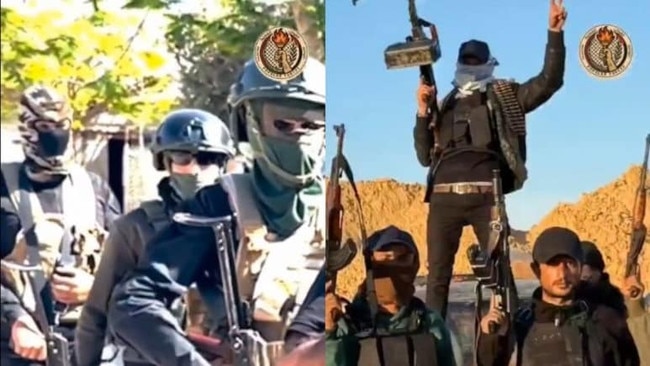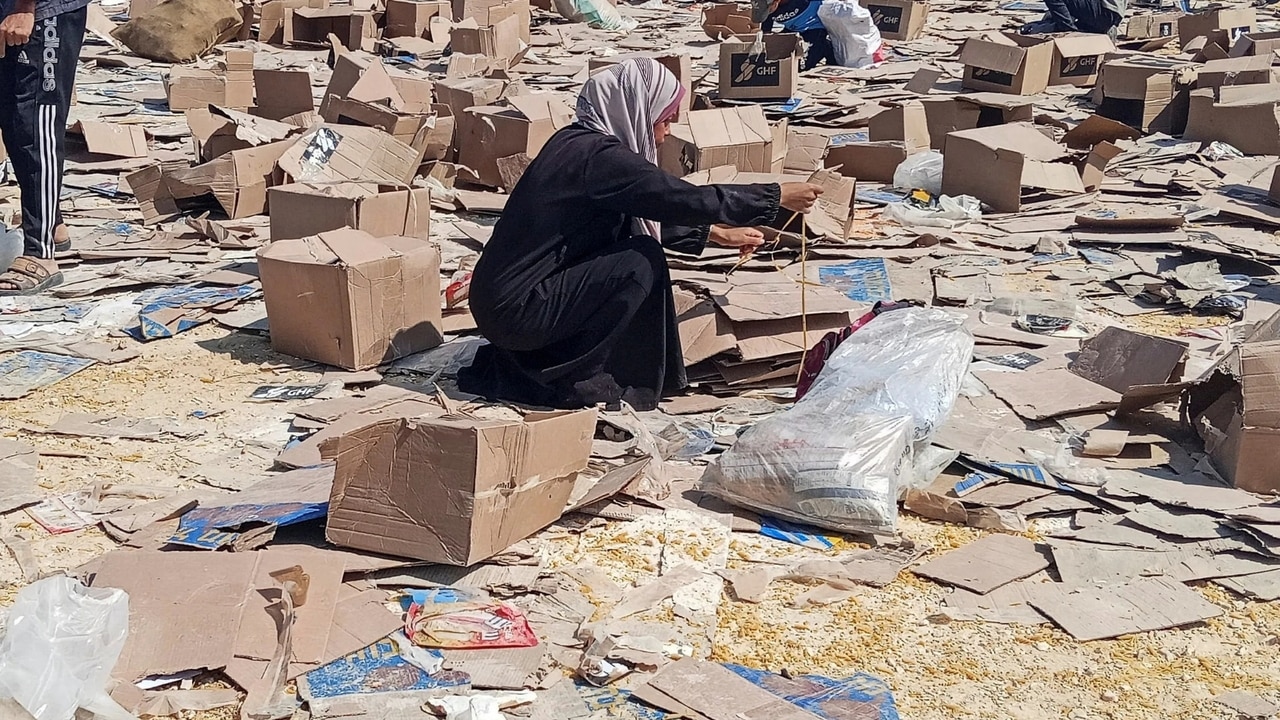Netanyahu wisely arms Gaza clans to fight Hamas

I fought in Iraq and commanded US soldiers on the streets of Baghdad, and I can tell you: This isn’t a desperate gamble. It’s a hard-learned, historically grounded strategy, and one of the most effective tools in asymmetric warfare.
In 2008 I was on the ground in Baghdad when American forces shifted their strategy to arm local gang leaders and tribal groups, some of which had previously attacked US troops with roadside bombs, to turn them against al Qaeda in Iraq. We knew who we were dealing with. My soldiers and I met with men who had blood on their hands. But we also knew that defeating al Qaeda meant splintering its power base, undermining its support, and making local authority figures an alternative source of control.

That strategy, part of the broader “Sons of Iraq” movement, crippled al Qaeda’s hold on neighbourhoods, helped stabilise cities, and bought space for broader security operations.
This approach isn’t new. During the war in Afghanistan, US and allied forces armed local tribes and warlords to fight the Taliban. In World War II, the Allies provided weapons and support to resistance fighters and irregular militias across Europe, many with unsavoury records — because defeating the Nazis took precedence over perfection.
Wartime alliances are rarely clean. They are judged not by ideology but by whether they advance the mission. In Gaza today, the mission is clear: Destroy Hamas as a military force and a governing power.
Operation Gideon’s Chariots is Israel’s new large-scale offensive aimed at dismantling Hamas’s remaining strongholds. It involves five Israeli divisions conducting co-ordinated clear-and-hold operations across Gaza, with the goal of permanently denying Hamas the ability to reconstitute militarily or politically in cleared areas.
Already, Hamas has lost most of its battalions and command structure. Its ability to control the population is slipping. Hamas has lost its stranglehold over food distribution, once a critical tool of leverage. The US-Israel Gaza Humanitarian Foundation has delivered more than 8.4 million meals directly to civilians, bypassing Hamas entirely.
Against this backdrop, arming rival clans makes strategic sense. It fractures Hamas’s monopoly on force, empowers Gazans to defend themselves, and denies Hamas safe haven in the communities it once ruled through terror. This isn’t nation building. This isn’t a forever war. This is step one: Destroy Hamas.
There are risks. There always are when empowering non-state actors. We should seriously consider claims, like Mr Lieberman’s, that Israel may be arming ISIS-linked factions. But such concerns don’t negate the logic of the tactic.

Critics were vocal when Abu Mohammad al-Jolani — a former member of al Qaeda, with early ties to what became ISIS — emerged as the leader of Hayat Tahrir al-Sham, or HTS, in Syria. Today, HTS functions as the de facto governing authority in Syria. Some countries have cautiously recognised and engaged with Mr Jolani, while others rightly view him with deep concern. The situation is morally and strategically complex. But it underscores a truth about modern conflict: The character of the post-war actor is a secondary concern to winning the war itself. In Gaza, the overriding priority is to defeat Hamas.
Victory over Hamas won’t come from air strikes alone. It will take local ground knowledge, legitimacy within communities, and the ability to fill power vacuums before Hamas does. Empowering clans that oppose Hamas, regardless of past affiliations, is a tactical necessity. You don’t beat a shadowy, embedded enemy like Hamas without taking advantage of the internal fractures in the society it dominates.
Israel isn’t arming Gaza clans to build a new government. It’s arming them to destroy the government Hamas built through terror. That isn’t recklessness, it’s fighting a war. And it’s working.
John Spencer is chairman of urban warfare studies at West Point’s Modern War Institute.
The Wall St Journal



Prime Minister Benjamin Netanyahu confirmed last week that Israel is arming local clans inside Gaza to fight Hamas. Critics immediately called the move dangerous and reckless. Former Defence Minister Avigdor Lieberman even claimed one of the groups receiving weapons has ties to ISIS.